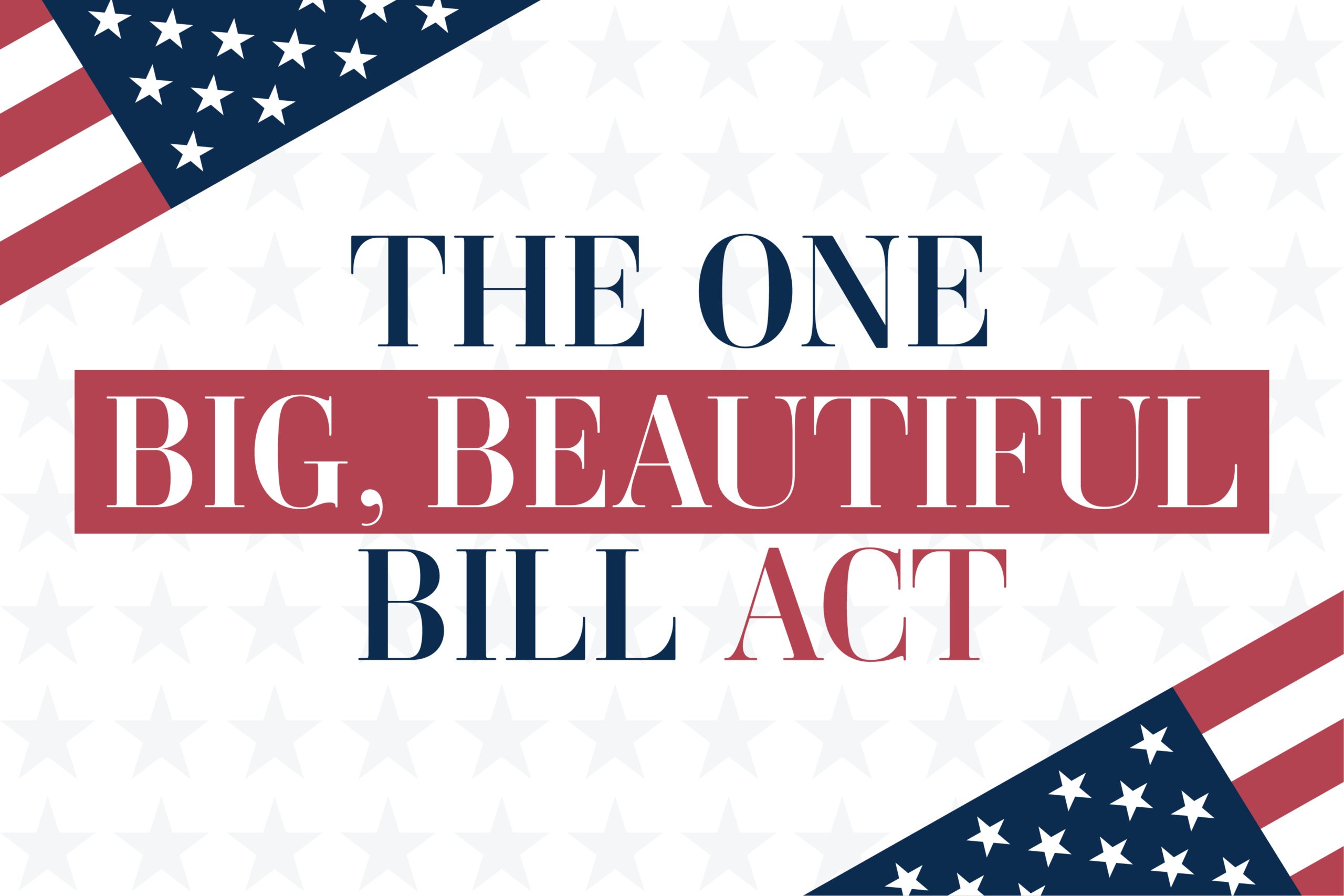Dealing with tariffs can feel like navigating a maze for small businesses, especially when trade policies are constantly shifting and costs keep rising. Knowing how tariffs will affect small businesses is key to keeping your operations running smoothly in a rapidly changing market. Tariffs can raise costs, mess with your supply chain, and make pricing decisions even trickier. In this post, we’ll break down what tariffs actually do, how they impact your business, and what you can do to minimize the damage, helping your business stay competitive and financially solid.
Why Are Tariffs Necessary?
We often hear that tariffs are just obstacles to trade, but there’s more to it. Governments impose them for several reasons—protecting domestic industries, generating revenue, or responding to unfair trading practices. While the reason for tariffs can be debated, their effect on national economies is clear. For small businesses, though, the picture is more complicated. Tariffs disrupt the cost of goods and services, and navigating these bumps is no easy feat. It’s important for small business owners to understand not just the protective side of tariffs, but also how they can shake up your supply chains and cost structure.
How Do Tariffs Affect Small Businesses?
For small businesses, how tariffs affect small companies can be huge. When tariffs are added to imported goods, prices go up. This means the cost of raw materials or finished products rises, hitting your bottom line. If your business depends on international suppliers, those unpredictable tariff changes can complicate pricing and forecasting. And the problems don’t stop there—tariffs can also cause delays in the supply chain, creating shortages and putting pressure on your inventory.
But the effect of tariffs on small businesses goes beyond cost increases. As prices climb, businesses may have to pass those costs on to consumers, and if customers don’t want to pay more, demand can drop. This can lead to slower growth or even shrinking market share, especially if competitors in other countries aren’t facing the same tariff barriers.
Who is Responsible for Paying the Tariffs?
The answer to who is responsible for paying tariffs isn’t as straightforward as it might seem. Typically, the importer is the one responsible for paying tariffs on goods coming into the country. However, those costs can often be passed on to consumers. For small businesses, this means you’re left with a choice: absorb the extra cost yourself or raise your prices. Either way, the impact is felt.
Sometimes, the burden is shared between suppliers, businesses, and consumers, depending on how the tariff is structured and what’s negotiated in contracts. For smaller businesses, it’s hard to absorb these rising costs without affecting profits. That’s why it’s crucial to know how to navigate these financial pressures and figure out strategies that can keep you competitive without sacrificing your margins.
How a Financial Advisor Can Help Minimize Tariffs on Your Small Business
If you’re asking how tariffs affect small businesses and wondering what you can do about it, a financial advisor can be a huge asset. A skilled advisor can walk you through the complexities of tariffs and help create strategies to mitigate their effects. For example, they can help you reassess your supply chain, find more affordable suppliers, or explore trade agreements that might lower your tariff costs. They can also help you adjust your pricing strategy, making sure that any price increases you pass on are done thoughtfully to keep your customers on side.
Advisors don’t just help with day-to-day decisions; they offer a long-term view too. They’ll help you forecast the potential financial impact of tariff changes, allowing you to adjust your budget and cash flow strategies for future stability. Their goal is to help you position your small business for success, even in a world where tariffs are part of the landscape.
Navigating tariffs isn’t easy, but understanding how tariffs will affect small businesses is the first step. With the right strategies and the right advisor to guide you, your small business can adapt and stay strong in the face of changing trade policies.
Calado Capital’s industry expertise allows us to offer financial and advisory services that help small businesses tackle financial challenges, including navigating the complexities of tariffs. Our team is here to help you make informed decisions and ensure your business thrives. Schedule a consultation and learn how tariffs will affect small businesses. Stay informed!
Recent Posts
The Impact of the One Big Beautiful Bill on Your Taxes
Claudio Calado2025-09-26T08:06:12+00:00September 26, 2025|
The Impact of the One Big Beautiful Bill on Your Taxes
Claudio Calado2025-09-29T09:06:13+00:00September 16, 2025|
AI for Tax Planning Under the One Big Beautiful Bill
Claudio Calado2025-09-29T09:04:42+00:00September 9, 2025|


